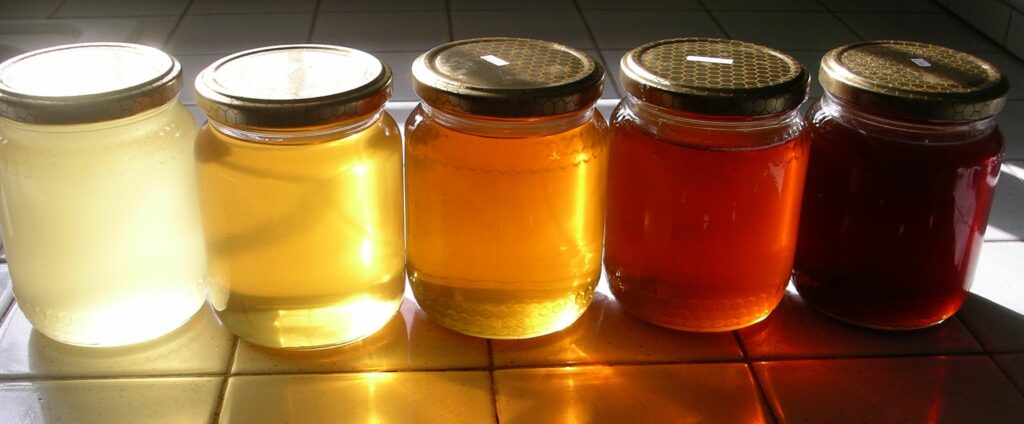Golden shades, soft texture and exquisite sweetness: honey never ceases to conquer young and old in every corner of the world.
Taking a teaspoon of honey can mean being pampered, taking care of your health or treating yourself to an intense and always new flavor.
This wonderful nectar has always been a symbol of care and respect for the environment: the hardworking bees take days only to collect the nectar and then, as we all know, the production of a single drop of precious honey is the result of great work by the “Workers”.
The flavor of this food can vary greatly depending on the environment in which the bees live: one of the most particular and undoubtedly the most precious is Elvish honey.

Its discovery is relatively recent: only in 2009, the Turkish beekeeper Gunay Gunduz decided to give credit to a legend that told the existence of “rock honey”. As he entered the mountains of the Saricayr region in northeastern Turkey, he noticed a remarkable and unusual comings and goings of bees around a crevice in the rock.
The beekeeper immediately realized that the legend could have a grain of truth: he organized himself and, equipped with suitable equipment and protections, he lowered himself into the crevice of the mountain. Here the bees revealed their hidden treasure: a real cave created in the deepest belly of the mountain… from which honey dripped from every corner.

The discovery soon became a subject of great curiosity among all kinds of gastronomic critic and pastry “expert”. The first jar put on the market had a price of around 45,000 euros but this did not stop the rise to success of this delicious honey in the least.
The delicacy of the ecosystem in which this honey is produced is not affected in any passage: even today Elvish is collected by descending among swarms of bees, at a depth of 1800 meters and not even a fragment of the mountain has been scratched.
The flavor of the most expensive honey in the world is truly a delight for the palate. To date, the prices of this incredible product have dropped: a jar costs “only” 5000 €.

 ITA
ITA
































